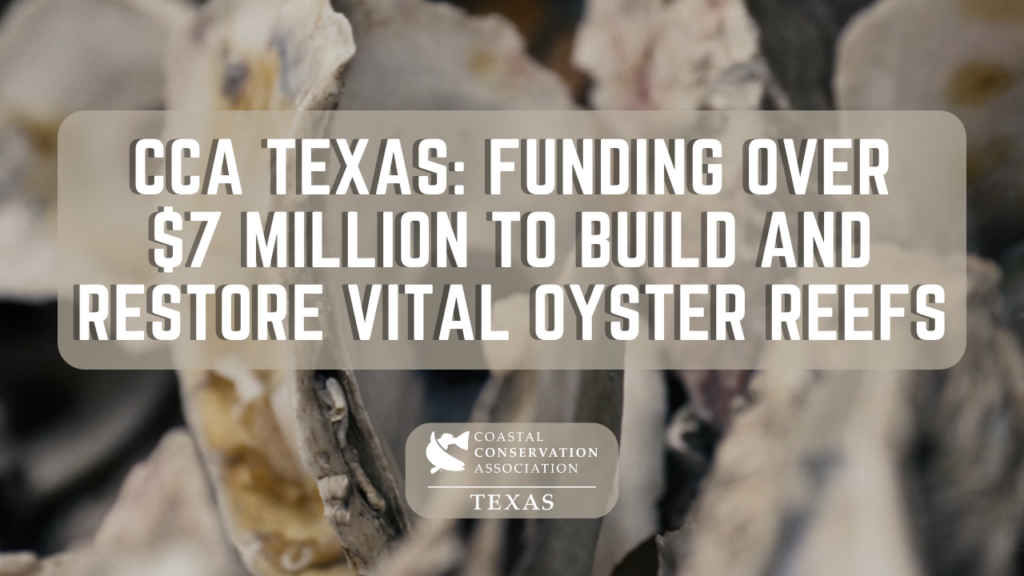
80% of oyster reefs have disappeared, reduced from overharvesting and environmental events. The oyster is so much more than just a fishery; it is a crucial foundational component of our bays’ ecosystem.
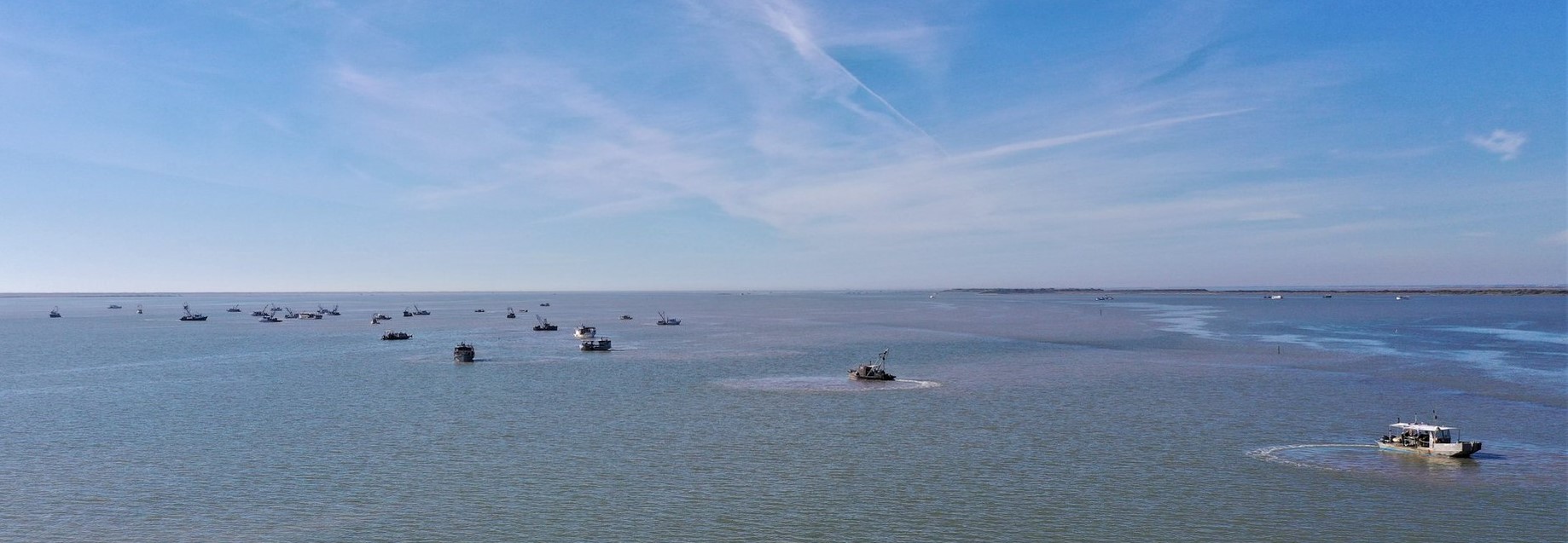
We have witnessed excessive loss of previously wadable reefs in Galveston Bay, Matagorda Bay, San Antonio Bay, Mesquite Bay, Carlos Bay, Aransas Bay and Copano Bay.
The value and services oyster reefs provide are undeniable. Oyster reefs…
While resilient, the oyster fishery has limitations and we must be proactive in our efforts to improve its sustainability and promote reef growth.
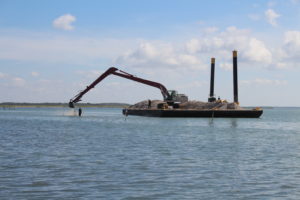
Photo Courtesy of John Blaha
Solutions to healthy and sustainable Texas oyster fishery include…

80% of oyster reefs have disappeared, reduced from overharvesting and environmental events. The oyster is so much more than just a fishery; it is a crucial foundational component of our bays’ ecosystem.
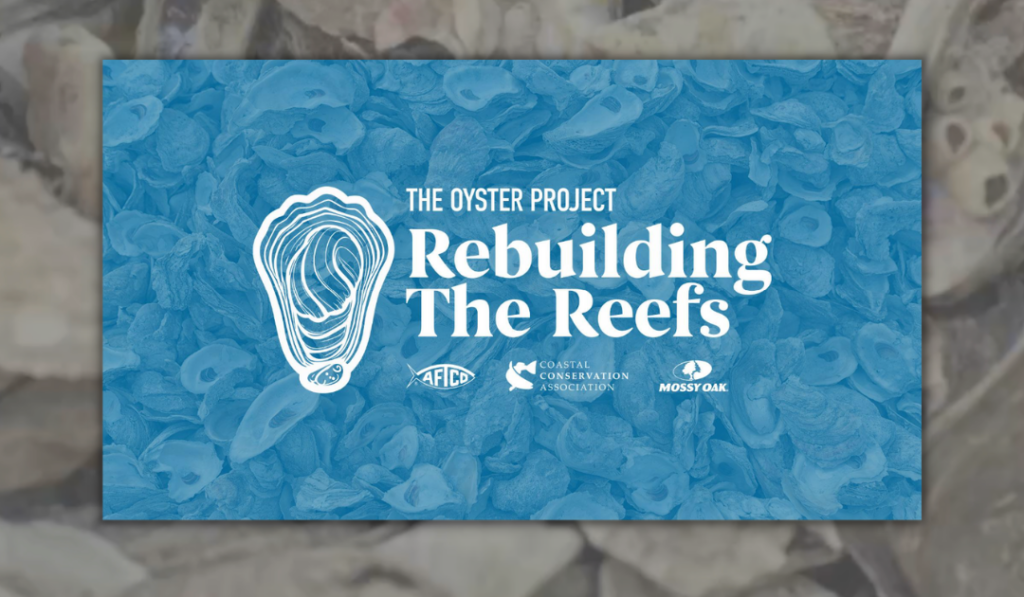
Oysters play a vital role in our ecosystems, our recreational fisheries and our communities. Alongside an entire team of marine biologists and a stellar film crew – CCA, Mossy Oak and AFTCO have put together a short film highlighting the importance of our oyster reefs and the critters that call them home.
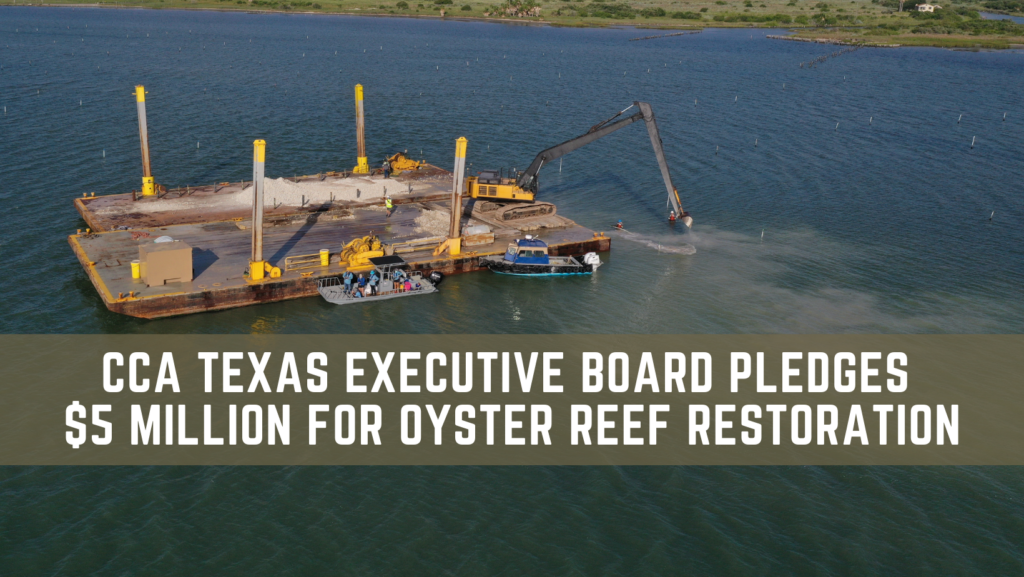
“We are excited to make this announcement and would like to thank our members, volunteers, sponsors and industry partners for their continued support.”
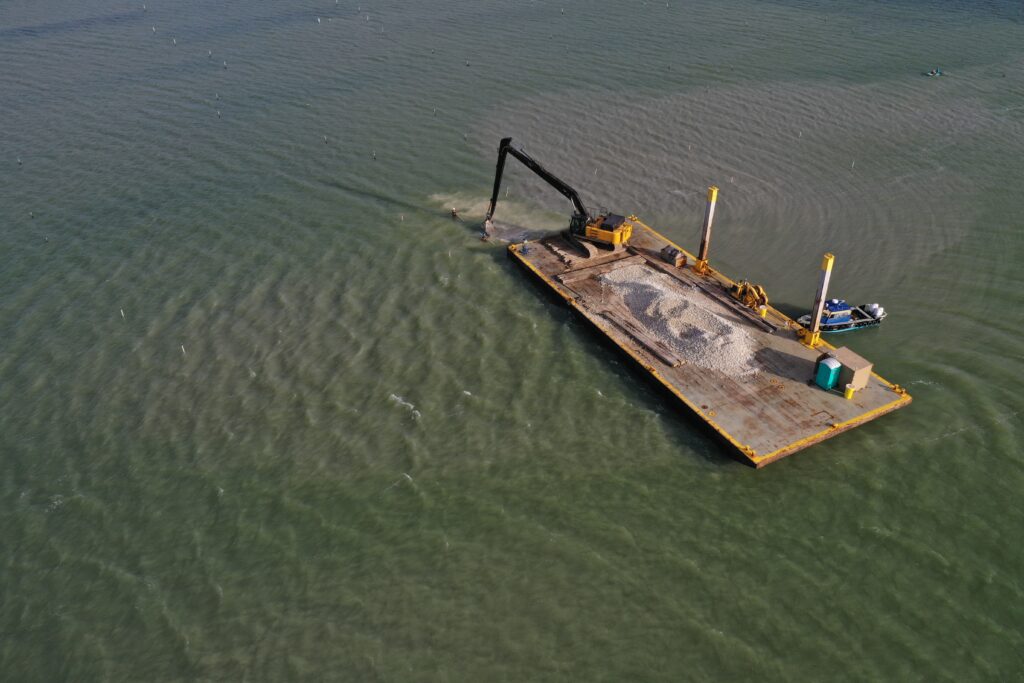
CCA Texas and Tito’s Handmade Vodka recently teamed up to add an additional five reef beds in the Goose Island State Park Big Tree Unit Living Shoreline project.
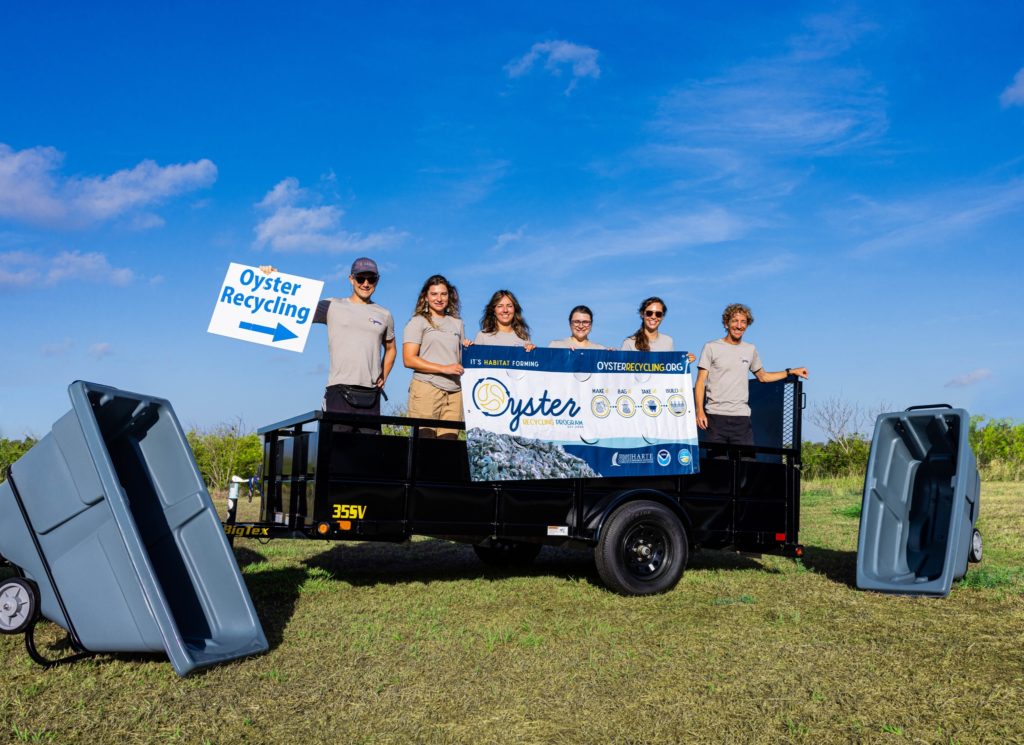
CCA Texas believes it’s imperative that the management of our Texas oyster fishery continues to evolve by prioritizing the ecological and structural value of oysters in the water by safeguarding existing reefs and creating new ones.

This funding will help to support the program’s operations for two years.

While conservationists recently celebrated news that three threatened bay systems would be closed to oyster harvest, concerns remained that other areas would inevitably bear the brunt of intense commercial harvest.

Yesterday, the Texas Parks and Wildlife Commission (Commission) adopted the proposed changes to the statewide oyster fishery proclamation, which included the closure of oyster reef areas in Ayres, Mesquite and Carlos Bays (three bays), and the temporary closure of restoration areas in Galveston Bay and San Antonio Bay.
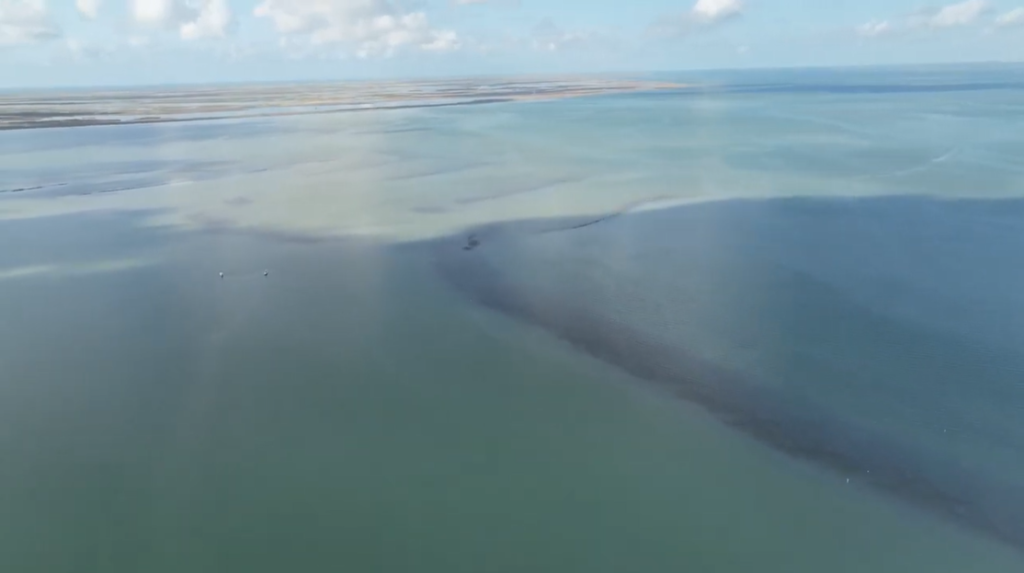
Carlos Reef is an important part of the habitat along the Texas coast. This was once a continuous structure from San Jose Island to Bloodworth Island. Now it serves as weakened baffle structure. It is important to maintain this reef to preserve its integrity, which is integral to the health of our fishery and the ecosystem as a whole.
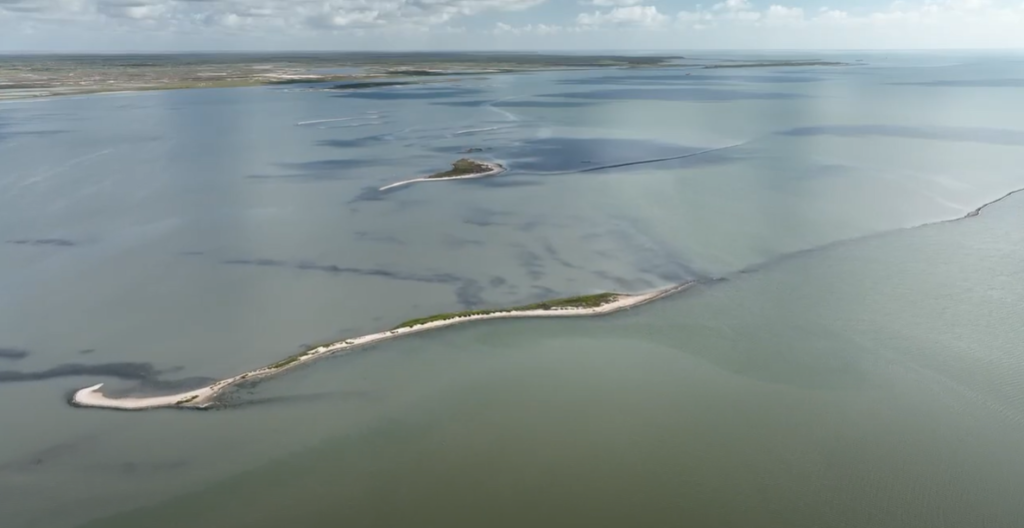
Second Chain of Islands is a little more difficult to track because it is so fragmented from the passage of time, years of harvest, and the forces of nature.
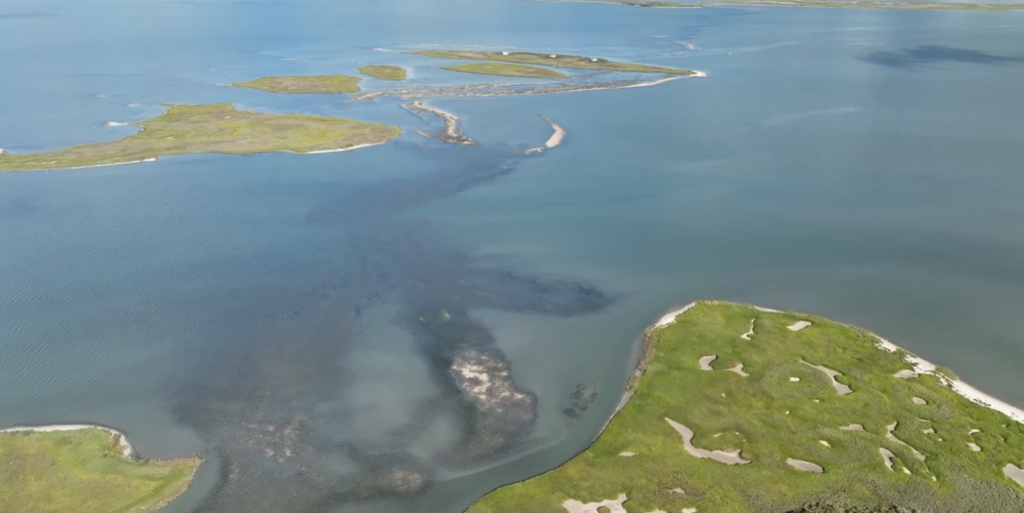
Ayers Reef is one of the last 2 remaining intact barrier reefs. It is the first to accept the force of water coming out of San Antonio Bay and Espritu Santu since the Second Chain of Islands has been so greatly diminished. It must be saved through a sanctuary program.
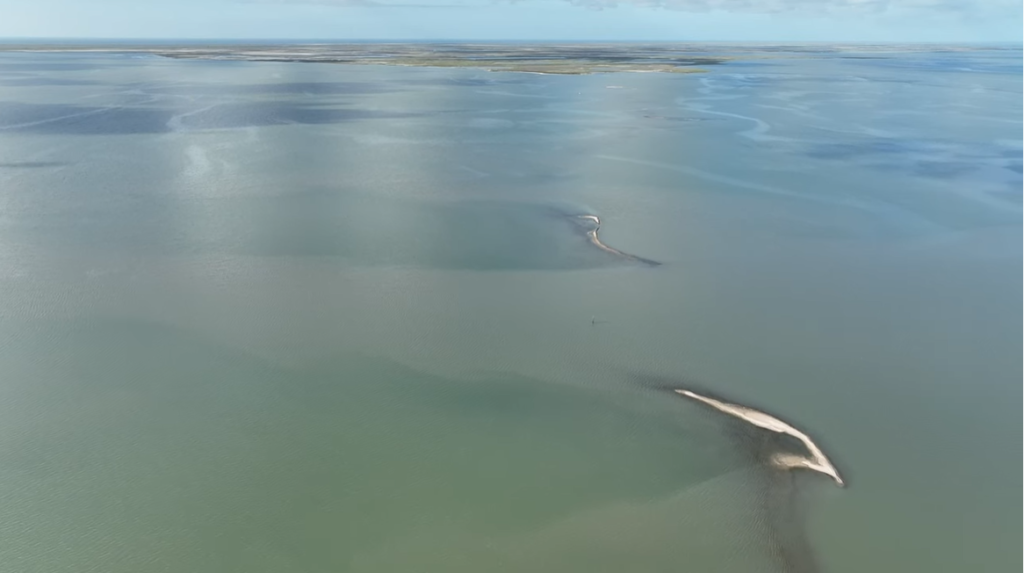
At one time there were three islands in the Mesquite Bay Complex. Third Chain of Islands were a mainstay in attenuating the wave action coming out of Mesquite Bay. It has become degraded and must be protected.
© Coastal Conservation Association. All rights reserved. 6919 Portwest, Suite 100 Houston, Texas 77024